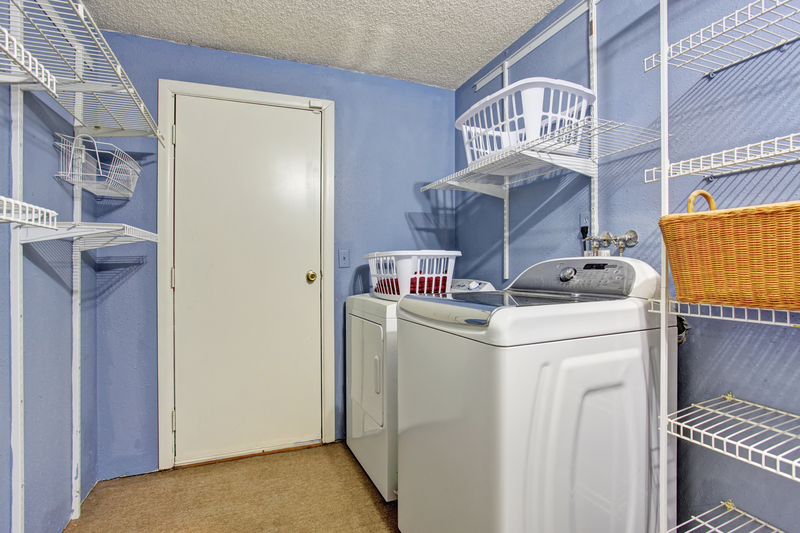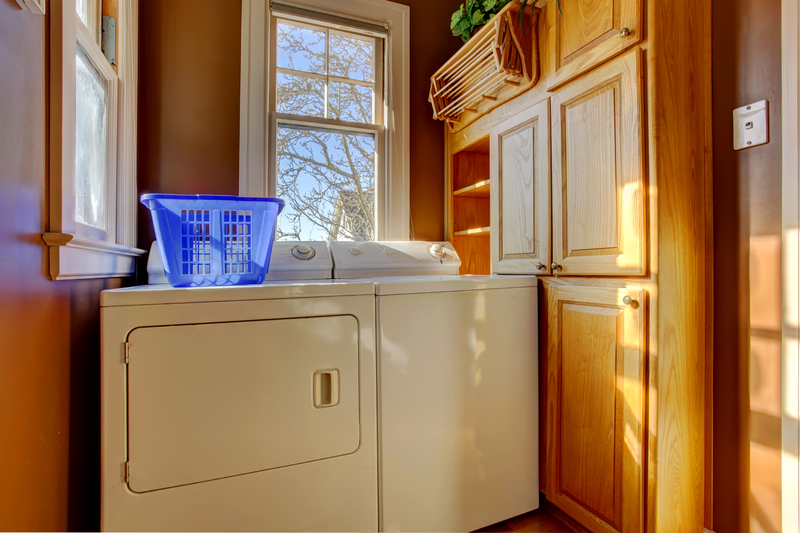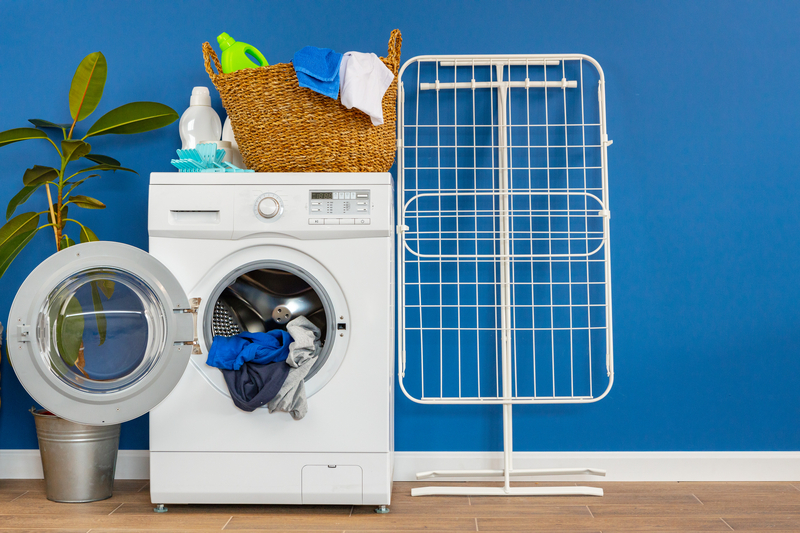This article is your complete guide to understanding a gas dryer vs. an electric dryer. The last thing on your mind is comparing which is better, gas or electric dryer? That’s why we’ve written this complete guide to help with just that as you choose what’s better – a gas or electric dryer. An electric dryer is easier to install, but a gas dryer will be cheaper when it comes to energy consumption. But, if you want to learn more about electric or gas dryers for 2024 our guide has got you covered.
Here at The Energy Professor, we want to give you the information you need to not only save money on your energy bill but to also become more energy efficient. We hope find this post helpful! And makes it easier for you to know more about dishwasher water usage. Be sure to also check out our one-of-a-kind energy savings calculator!
The Energy Professor Electricity Rate Check Tool
Gas vs Electric Dryer – What’s Better for My Home?

Choosing between a gas or electric dryer depends on your home’s existing utilities, budget, and efficiency preferences. Gas dryers typically offer lower operating costs and faster drying times but require a gas line for installation, making them ideal if you already have gas hookups. Electric dryers, on the other hand, have lower initial costs and are easier to install in most homes, as they only need a 240-volt outlet. If you prioritize lower long-term energy use and have access to a gas line, a gas dryer might be the better choice. However, for easier installation and lower upfront costs, an electric dryer is a good option.
What are the main differences between a gas an electric dryer?
Choosing between a gas and electric dryer involves understanding their differences, pros and cons, installation requirements, costs, and efficiency levels. Here’s a straightforward guide to help you make an informed decision.
Differences Between Gas and Electric Dryers
- Heating Mechanism: Electric dryers use metal heating coils powered by electricity. Gas dryers generate heat through natural gas or propane.
- Installation Requirements: Electric dryers need a 240-volt outlet. Gas dryers require a gas line and outdoor venting.
- Operational Cost: Gas dryers usually offer lower running costs due to higher energy efficiency, despite higher initial purchase prices.
Related post: When is the Best Time to Do Laundry?
Pros and Cons of Gas and Electric Dryers

- Gas Dryers
- Pros: Lower operational costs, faster drying times, and do not require special electrical outlets.
- Cons: Higher initial cost, need for a gas line, and must be vented outdoors.
- Electric Dryers
- Pros: Lower initial cost, easier installation, and a wide variety of models.
- Cons: Higher operational costs, longer drying times, and require a 240-volt outlet.
Related post: Is Gas Included in the Electric Bill?
Gas Dryer vs Electric Dryer FAQs

Q: Can You Use an Electric Dryer in a Gas House?
A: The answer is yes, but you would have to install a 240-volt outlet if you do not already have one in your laundry room.
Q: What’s the Difference Between a Gas and Electric Dryer?
A: Electric dryers have metal heating coils that are powered by electricity whereas gas dryers use natural gas or propane to generate heat!
Q: How do I Know What Type of Dryer I Have?
A: The two most common ways to tell if you have a gas vs electric dryer are to check the model number and to look behind your drier. Look behind to see if you have a gas line or just a power cord.
Q: What are the Pros of a Gas Dryer?
A: Gas dryers typically cost less, are more energy efficient, and don’t require a special plug/outlet.
Q: What are the Pros of an Electric Dryer?
A: Electric dryers are cheaper upfront, there are a larger variety of models to choose from, and you can install them almost anywhere.
Do you Need Cheaper Electricity?
If you’ve taken the time to understand the information on your bill and discovered you’re paying more than you’d like for your electricity, have you looked around for a cheaper deal? The Energy Professor has a wealth of information on ways to save on your utilities, including details of top deals that could significantly reduce your monthly or quarterly electricity bills.
We hope you found this article helpful! If you are looking for ways to increase energy efficiency and sustainability in your home be sure to take a look at all of the latest renewable energy options in your area. The Energy Professor helps residential and small business owners find qualified energy suppliers in New York, New Jersey, Pennsylvania, Texas, Ohio, Maryland, Illinois, and Massachusetts.


